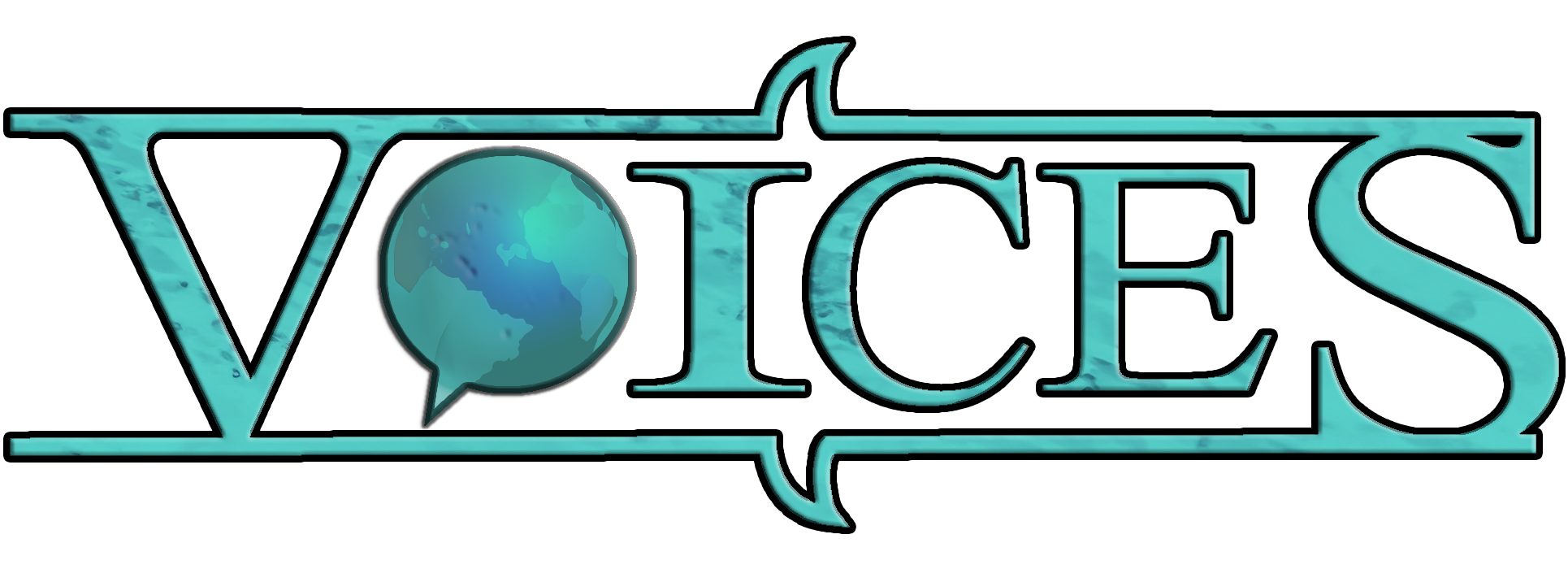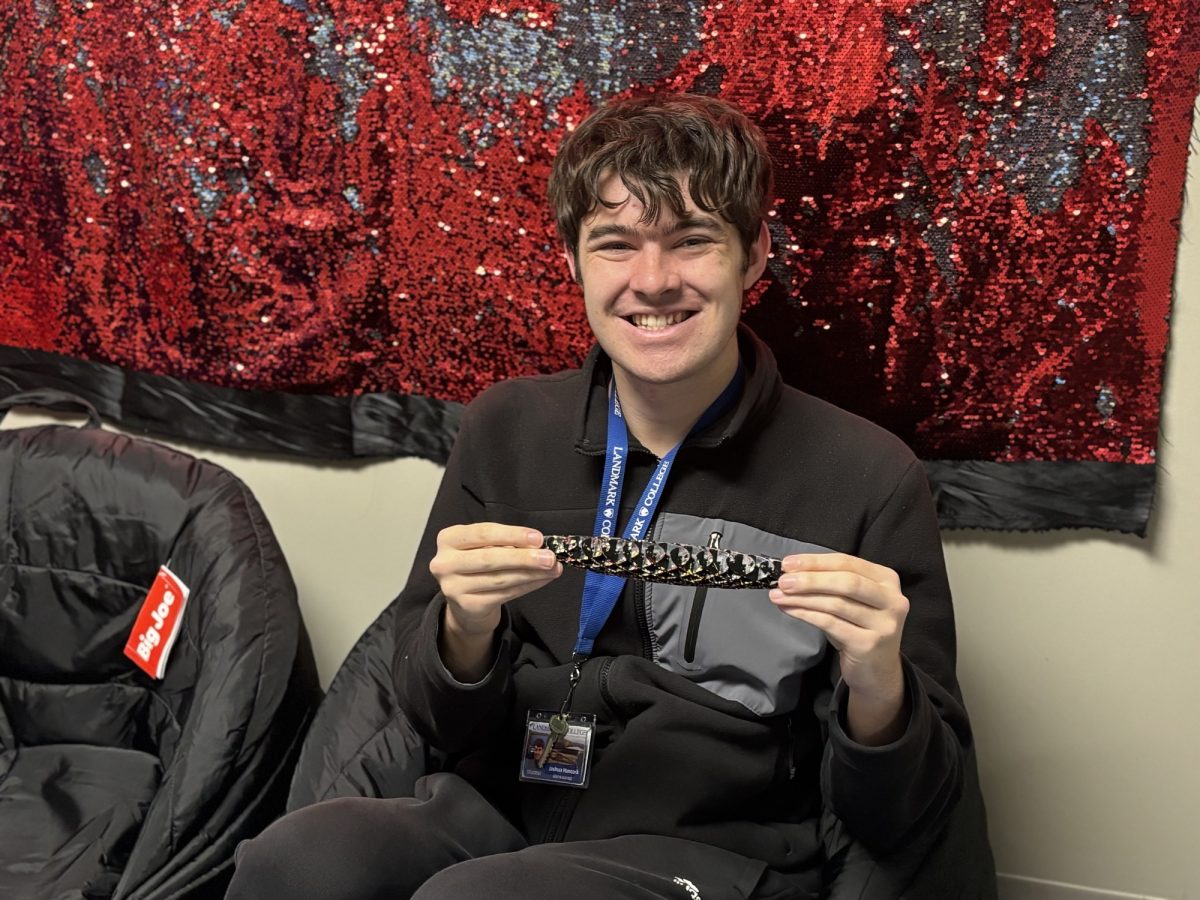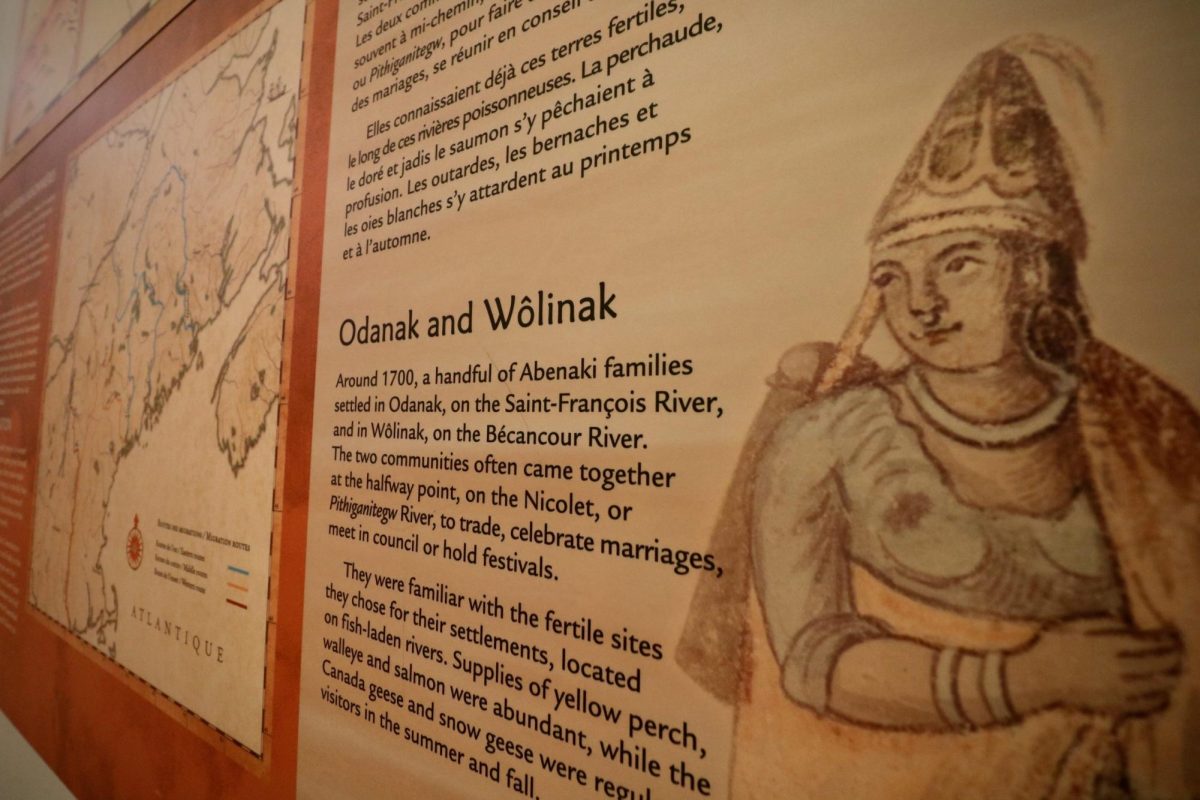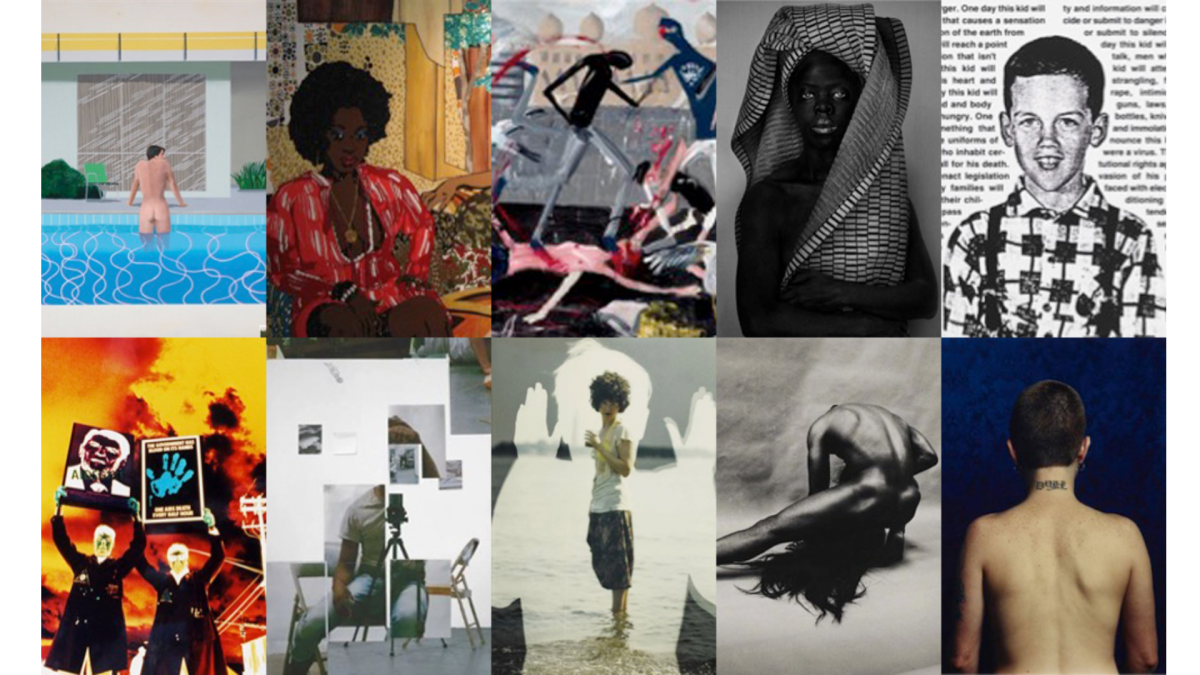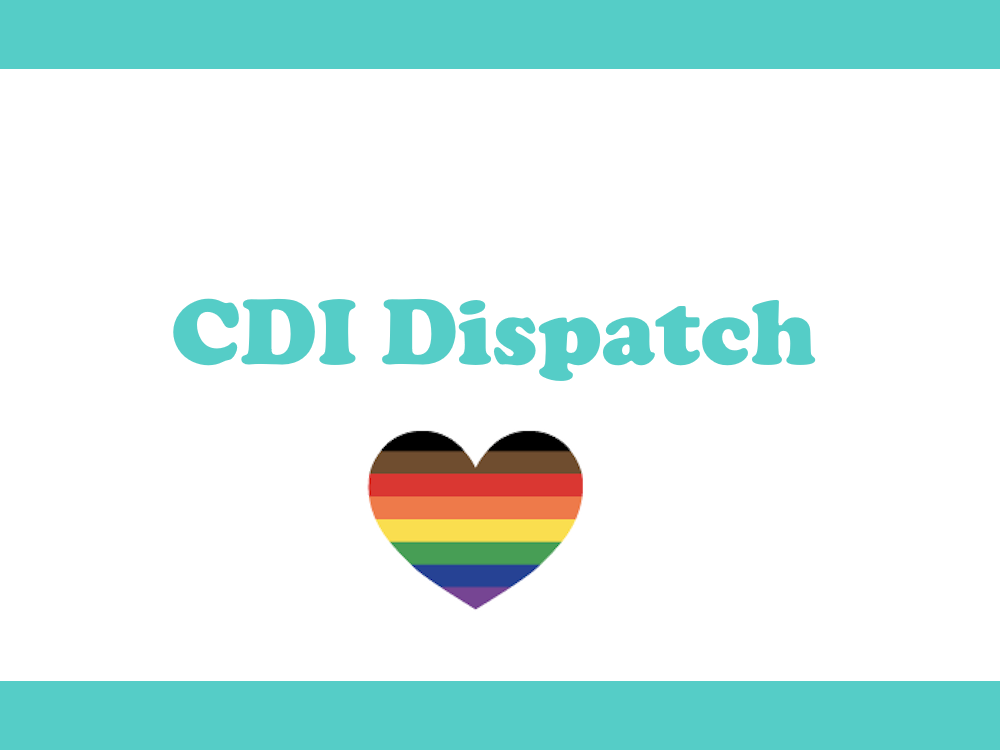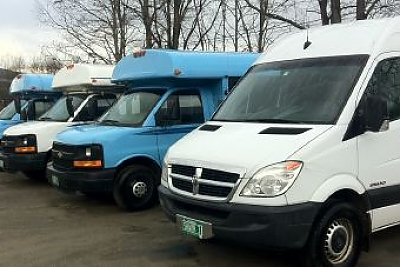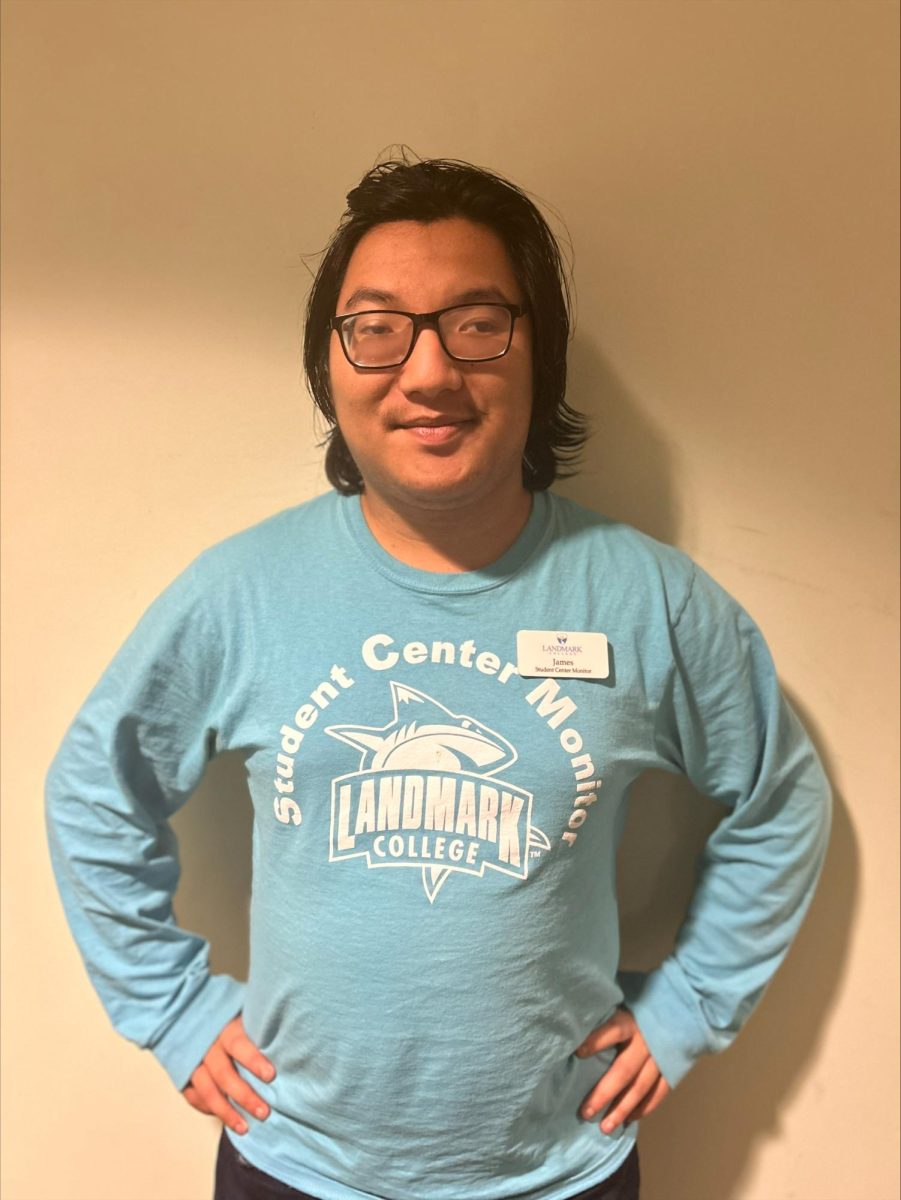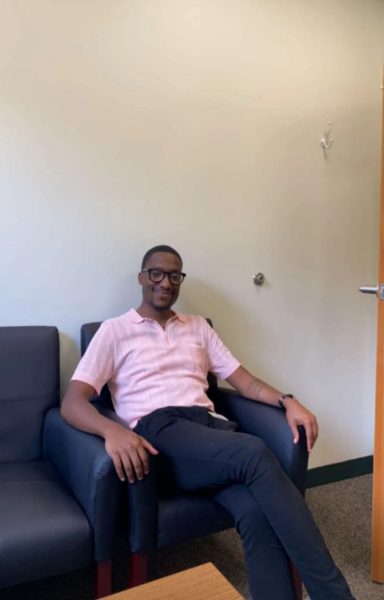
Editor’s Note: The following interview was originally aired on WLMC Radio and has been edited for clarity.
Marc Thurman is a Landmark College alumnus and the Director of the Centers for Diversity and Inclusion (CDI). He is also directs the Reach One, Teach One Program and is currently the head basketball coach. I sat down with him to ask him about its origins and plans for future growth.
You’re basically the man who started all of CDI. So, tell me how CDI started during the time that you were here.
It all happened during Ferguson, sitting in the room and watching the riots happening in Saint Louis. When I saw this on TV, I was just like, whoa, I’m in the middle of nowhere in Vermont and there’s other students that look like me that were in tears and crying. And then there were students that didn’t look like me, who cared just as much. That’s when, you know, the idea in my head was, we need a safe space for students of color, but we also need a safe space where we can talk about Black Lives Matter and the civil rights movement so that other students who may not know about it can come and find out about it.
When it first started, it was really all off adrenaline and saying that other people needed a place. I always say this to everybody: it is not about you, but it is about the person behind you. It’s about the person that’s coming in next. So, when I started the Rise Up! Center, I do not think I really knew how big it was going to be.
A student by the name of Julius was one of the first students to come to Rise Up! outside of my friends. He was from Queens. I was going to leave and go and attend another college for my B.A. and he told me, “how you going to leave when you built this for us?” And that’s when it hit me, where I knew it was bigger. OK, it’s bigger than me. And once I started working on the Centers, other students were interested in creating safe spaces. So, then we started growing. And we say that sometimes when you take the first step it allows those in front of you, behind you, and side-by-side with you, to feel confident enough to do it, too. Sometimes you can be the trendsetter. And that can really help others establish that same kind of drive, too.
So, like I said, it was bigger than me, and to see where it is today and to see the number of safe spaces that we do have–diversity centers, diversity clubs, students who are trans, queer, black, Hispanic, Caribbean, Asian–to see women really want to get involved and see the Women and Gender Center grow the way it has, the Pa’lante Center, Forever Family for students who are adopted or who are in foster care. It’s just great to just see that something that was an idea become a reality and it is helping so many other people, and that’s what it’s about.
So, I want to ask how did the Rise Up! Center start? When you were a student, basically?
Rise Up! started for me, going back and forth with my friends after Ferguson. It was really me talking to my friends and saying, hey, we got to start something. At the time we had a woman of color who worked here. She was the RD (resident dean) of Aiken and she was so cool. I remember her asking me what do you want to do here? And I said I want to change the world, and then she was like, let’s just bring it all in. How can you do that here? Rise Up! was born right then and there.
We started meeting with Peter Eden, the President of the College. We started meeting with (Vice President for Student Affairs) Michael Luciani. We started meeting with the board. It was a step-by-step process. I think that’s why I’m sitting here with you today as the Director of the Centers for Diversity and Inclusion. And to be neurodiverse and to go here just means so much.
What is the definition of the Rise Up?
Rise Up! is all about empowering one another, about respect. It’s about understanding that I can be Black, you could be Black, but we can be different in so many ways. You can be Black and Native American. You can be Black and Caribbean, but it’s so important to understand our history to understand about our ancestors, to understand about the kings and queens we come from in Africa, and to also shine light and have the community that we live in that’s away from home. To understand who we are and what we are. What is Black Lives Matter? What is the civil rights movement? Who is Doctor King? Who is Malcolm X? That is rising up because rising up is all about being who you are. Unleashing every gift that’s inside you, a quote from one of my favorite shows, The Fresh Prince of Bel Air, where the mother always asked “When you’re going to grab that crown that’s above your head?” Rise Up! is all about being able to grab that crown and to be able to really be who you are and not be apologetic for it, to be able to bring people into your community. Sharing, caring and connecting is progress, and change is progress. With progress there are challenges, but together we can rise.
How much pride do you take in having all these diverse types of students coming from the roots of the Rise Up! center and expanding into what it is now?
I think it is the same thing that Doctor King, and Malcolm X, and great leaders like Harvey Milk, they were not afraid to stand up and speak not only for themselves, but to speak for others. I think with me stepping up and just empowering other students–and that is all I really wanted to do was empower not only myself but to empower others. Because others are empowering me, and if we can do that as a community, then that means we can walk across that stage and get a degree, no matter if we are neurodiverse. Being neurodiverse is our superpower, but also what makes us different is our gender or race. And we all have social issues that we must fight against every day, and sometimes people don’t know that. And the only way to figure that out and to connect with that is having spaces where you can go and find that out, having spaces where you can come and have those connections.
The final question I have for you is what was it like when you were first a student at Landmark?
When I was getting my associate degree…I think, you know, you want the college experience. So, you were looking for fun. You were looking for friends. You were looking for hangouts. And then I think the coolest thing ever was–rest in peace to Coach Wood–he was always big on like, you’re here for a reason. Don’t play around, get focused. Find what you’re passionate about.
So having that kind of mentor, and Mama Wood, and Miss Arnelle–to really instill the value of, hey, get ready for what’s going to come after you graduate, but start doing it now–really helped me kind of move into the direction of being more serious and being more understanding of how special this place is and how you can find what you want to do. And I was able to find what I wanted to do and what I was passionate about. That really came into play because I decided to take that step, and I think so many of us are in those positions of, what can I do and how can I be seen? I am hear here and I have something to say.
And I think with the Centers, students from all diverse backgrounds, colors, and genders are able to connect with me and see themselves. They do not just see an African American man from New Jersey. They are seeing themselves because, like, he’s neurodiverse. He’s been through trials and tribulations, but he’s still here. Still alive. I rise still. I rise like the Rise Up! Center. If you’re able to see that, guess what? You’re going to believe in yourself, too.
Yeah, I am really, really pushing that out because I believe in it. Everybody. And that’s why we’re here with the Rise Up Center, the Pa’lante Center, the Stonewall Center, the Women and Gender Center, the Interfaith Center, the Asian Community Club, the Physical Disability safe space. Man, I hope I’m not missing any of the clubs, but we’re here for you. we’re family. And I always want to say ‘we’ when I speak about the Rise Up! center because it takes a village to build a home. And I believe that’s what we’re doing.
Thank you, Marc, for taking the time. It meant a lot to do this and even to be a part of what this really meant to me when I first got here. And so, I appreciate a lot.
It means so much to me to hear you say that and to see you when you graduated with your associate degree. Just like this with a semester ago and now you’re back for your BA. That’s what it’s all about. So, you know I believe in you. And I’m happy that you are part of the CDI family and the Rise Up! center family.
